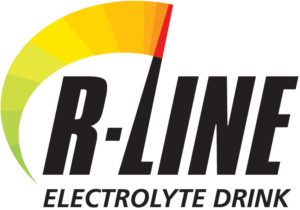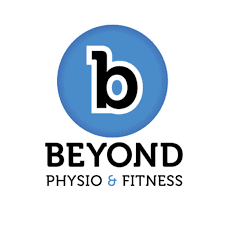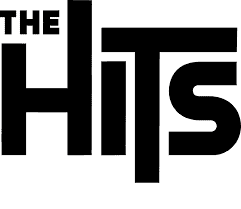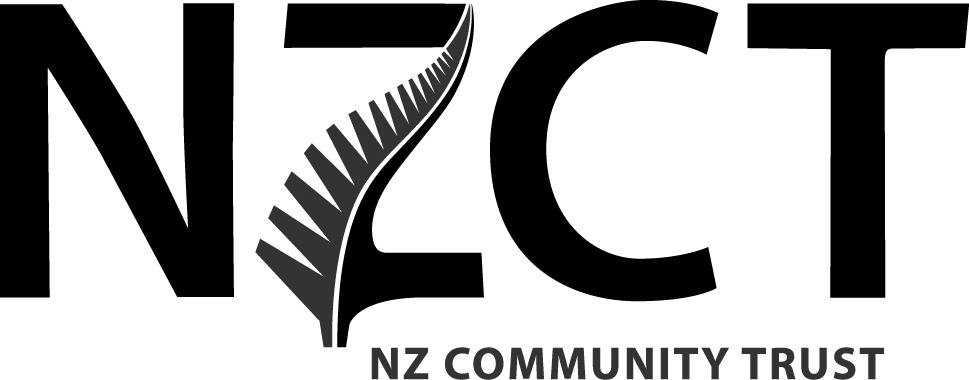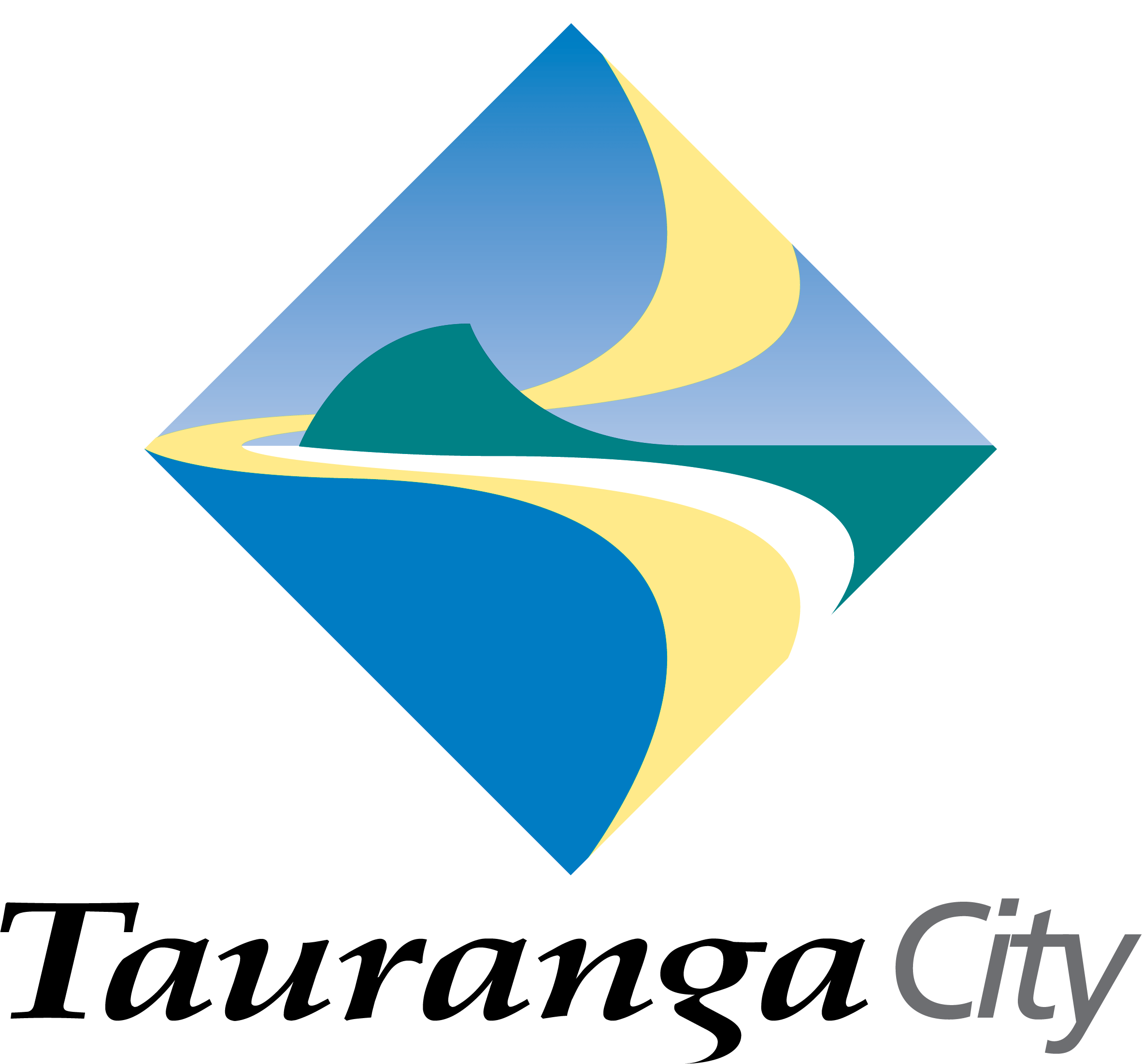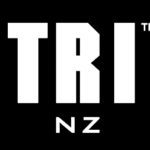getting started in triathlon
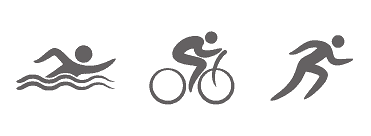
Getting Started
If you are looking to give triathlon a go for the first time or wanting to continually improve your skills and performance, we have plenty of information that can help.
The following sections will provide an overview of some of the basics of triathlon, an overview of triathlon coaching and the local experts we have in our area, and the many training opportunities we have as a Club to help get you out, motivated and honing your skills.
Triathlon Basics
Triathlon is an exciting multi-discipline sport involving a continuous race over various distances in the three disciplines of swimming, cycling, and running. A standard triathlon is made up of a swim, followed by a cycle ride, followed by a run.
Competitors race against the clock, which starts as they enter the swim and stops as they cross the finish line after the run.
For this reason, triathlon is often reported as having a ‘fourth discipline’ known as the transition. The transition is the point in the race when competitors change from swimming to cycling, and from cycling to running.
Distances of individual events may vary from race to race, but there are some standard triathlon distances, quoted in terms of swim/bike/run:
- Super sprint: 400m/10km/2.5km
- Sprint distance: 750m/20km/5km
- Standard distance: 1500m/40km/10km
- Half distance: 1.9km/90km/21.1km
- Long distance: 4km/120km/30km
- Ironman distance: 3.8km/180km/42.2km
Novice events are often easy shallow open-water swims. The type of event will affect what kit you need.
Goggles are essential. They protect your eyes from the water and improve visibility, helping you stay focused on the task at hand. Try out a few different types of goggles to see what fits your face best, making sure to select a pair with a proper seal. To test the goggles, hold them to your eyes, press the eye cups into your eye sockets and let go. A good fit will stay in place by suction alone.
A swim cap is normally compulsory for any event & a bright coloured cap should also be worn whilst training in the open water. Both goggles and swim caps can be picked up at low cost in any sports store.
Cold open-water swims longer than a couple of hundred metres call for the use of wetsuits, which are compulsory in water temperatures below 14° Celsius. Although Summer is the official triathlon season, a full-length wetsuit is still advisable for cold open-water swims. Not only do wetsuits keep you warm, they also increase your buoyancy making it easier to swim. Very few beginner triathlons will require wetsuits.
A triathlon-specific tri-suit is not essential, but you will require something close-fitting and comfortable.
A tri-suit or singlet and shorts can be worn, but extra padding in the saddle area is desirable.
Helmets are mandatory; you’ll never see a triathlete riding without a lid, not even an elite. New helmets are comfortable, reasonably priced, simple to use, and offer proven protection.
A bike is an essential piece of triathlon equipment, but until you get to a more advanced level you need not worry about having a tri-specific bike, any bike will do. Be sure to give it a good service – check the tires, fill tubes with air or replace if need be, oil the chain, and check to make sure the brakes and gears are operational.
Cycling shoes are a luxury if you’re just starting out, more important is having shoes that are easy to get on and off during transitions. The advantage of cycling shoes is that they attach to the pedals giving you better cycling stability and power.
All this equipment can be found at your Local bike shop.
Again, there is no real need for investing in specialized running gear at the beginner level. Swim, run and bike kit can double up, just make sure that the outfit you choose to wear is comfortable, even when you’ve been cycling in it. Breathability is always an advantage.
Shoes are the most important part of your running equipment. If your feet are well supported and comfortable, it will make your run seem much easier. Consult a running shoe expert before you buy, as your foot-type and running style will dictate specific requirements.
Triathlon Training
There are many opportunities to learn new triathlon-specific skills, take part in group training sessions and participate in triathlon events throughout the year. As a Club we provide year-round events and training opportunities. The best place to find out about what the Club is running is via the Facebook page or via the calendar on the Home page. Additionally, you can check out the Events pages for specific training information.
If you are interested in knowing more about the triathlon training and coaching options available in our area, the following sections will provide more information.




